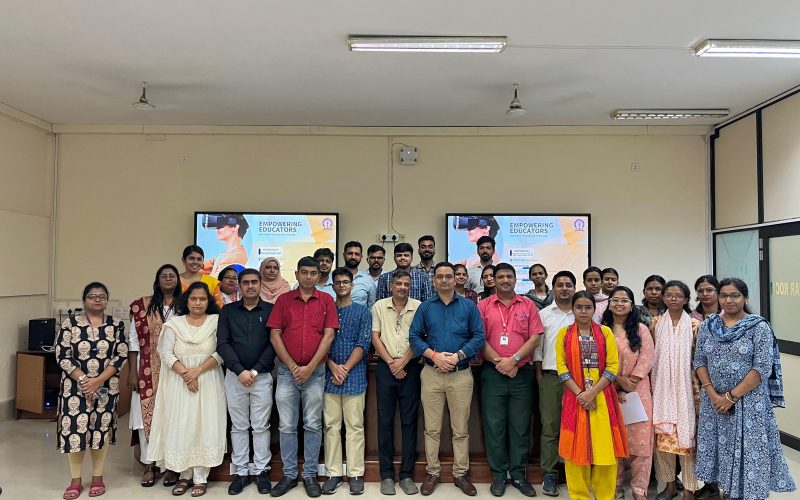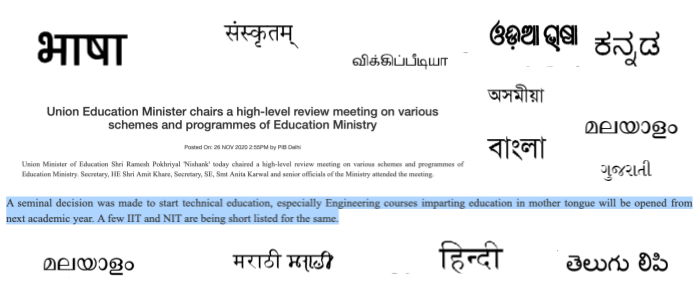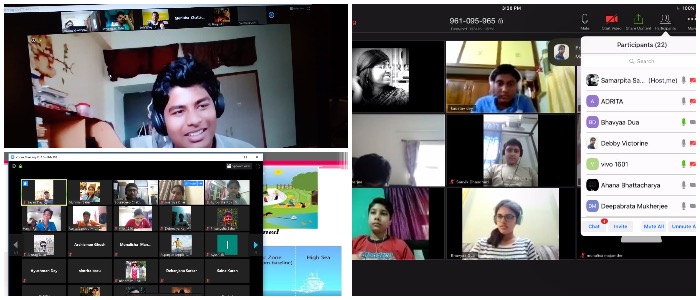
Empowering Educators With Digital Pedagogy by Centre for Teaching Learning and Virtual Skilling
Is virtual reality teaching possible? How positive impact can digital content have on student assessment? Ahead of Teacher's Day, Indian Institute of Technology Kharagpur organized a special one-day workshop to find answers to some of these questions. The Centre for Teaching Learning and Virtual Skilling (CTLVS) at IIT Kharagpur successfully conducted a one-day workshop titled "Empowering Educators With Digital Pedagogy and Technology," on 4th September 2024. The workshop, aimed at school teachers from KVS, introduced innovative methods for enhancing teaching practices through digital tools and interactive technologies. A total of 30 teachers from different branches of Kendriya Vidyalayas of Kolkata participated in…



